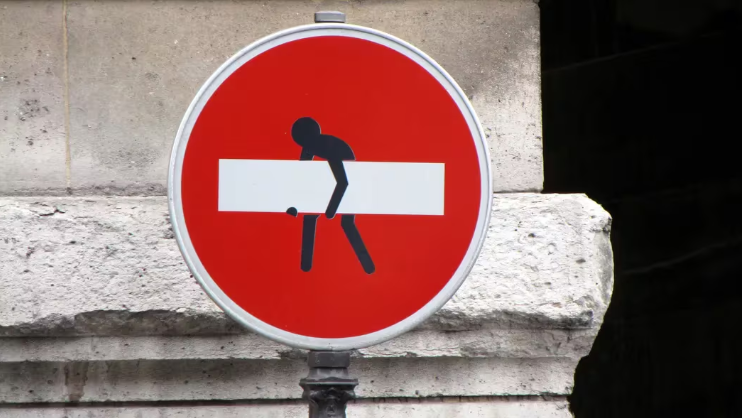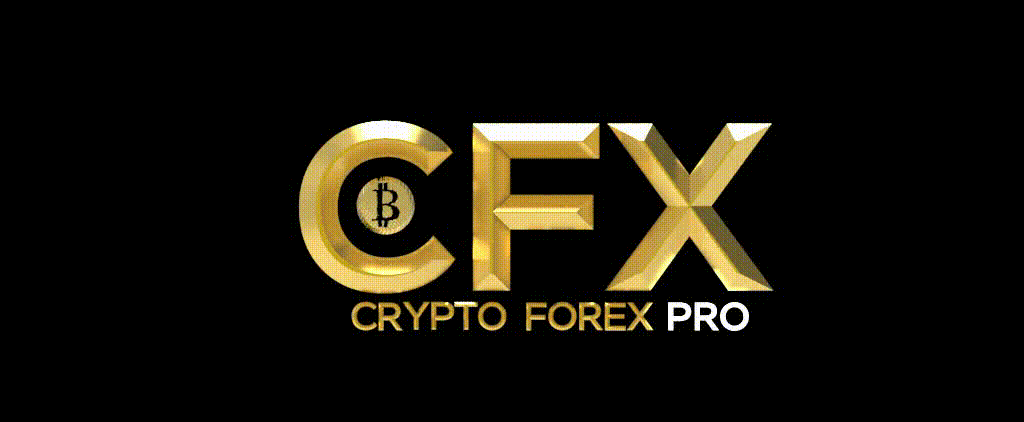
Eigen Labs helped its employees access lucrative airdrops. Its U.S. employees appear to have helped themselves to tokens U.S. residents were banned from claiming.
- Out of an abundance of legal caution, many cryptocurrency projects exclude U.S. residents from token airdrops.
- U.S. crypto users – even insiders at similarly cautious projects – regularly find ways to claim tokens anyway.
- This “hypocritical” behavior may undermine the effort by some in the industry to avoid U.S. jurisdiction, lawyers said.
The U.S. presents a paradox to some cryptocurrency startups.
They can’t afford to ignore the tech-savvy American workforce. They also can’t let their brand-new crypto tokens run afoul of the world’s toughest financial regulatory regime.
EigenLayer, one of Ethereum’s hottest projects, embraced a solution common in crypto: it employed U.S. developers through a U.S. company. Meanwhile, a separate legal entity issued its EIGEN token from an island where U.S. securities and tax laws don’t apply.
Two projects in EigenLayer’s realm, Renzo and Ether.Fi, went even further: they explicitly barred U.S. residents from claiming tokens in their respective airdrops.
Apparently, It didn’t work.
Wallets with links to at least 10 U.S. employees of Eigen Labs – engineers, directors, a c-suite executive, the chief lawyer – claimed hundreds of thousands of dollars-worth of free money from Renzo and Ether.Fi, according to a CoinDesk analysis of blockchain data.
CoinDesk generally does not report on individuals’ personal finances. But many Eigen Labs employees chose to claim their crypto “out in public,” according to a blog post that detailed the company’s discontinued efforts to help EigenLayer ecosystem projects airdrop tokens to Eigen Labs staff.
Furthermore, their on-chain activity suggests an attitude of selective compliance that crypto insiders said pervades the industry.
“It’s hypocrisy,” said one U.S.-based founder of multiple crypto startups. “But it’s driven by risk alignment – you’re minimally at risk when receiving an airdrop. If it’s you in the hot seat, different story.”
An open secret
Few crypto teams believe the tokens associated with their inventions should be classified as securities. Still, fear of U.S regulators prompts most to distribute their brand-new (and often valuable) crypto-assets under terms that theoretically block out Americans.
The theory may be closer to a farce.
Over a dozen U.S.-based industry insiders who spoke on condition of anonymity said they have found ways to sidestep other projects’ safeguards in order to collect off-limits airdrops.
Ignoring, bypassing, and flouting geoblocks is widespread in the American crypto scene, they said.
One U.S.-based industry lawyer privately said he had previously claimed tokens from projects that had tried to protect their airdrops with geofencing.
Messy compliance practices are “an unfortunate but predictable result of the lack of regulatory clarity the industry has been dealing with for years,” this lawyer said.
Risk-reward
Given the U.S Securities and Exchange Commission’ years-long crackdown on the industry, most teams minting their own money would rather not draw attention to their airdrops.
Projects try to avoid releasing their tokens into regulatory hazards. They bar U.S. claimants with restrictive terms-of-service agreements. They set up geofences that catch web traffic coming from the U.S.
Seldom do projects conduct stringent know-your-customer (KYC) identity checks when distributing new tokens, as banks and other financial institutions are required to do when opening accounts.
Perhaps unsurprisingly, the weaker safeguards don’t work too well.
Geofences “cover your ass,” said one U.S. executive at a startup that issued tokens in a restricted airdrop via an off-shore entity – and who privately acknowledged using VPNs to claim off-limits airdrops from other projects.
Terms of service agreements are an even weaker deterrent. EigenLayer’s airdrop barred people who tried to claim EIGEN from within “prohibited jurisdictions” such as the U.S. and Canada, as well as anyone using a VPN.
Sundel, a pseudonymous EigenLayer user who claimed his EIGEN tokens in Canada, called EigenLayer’s geoblock a “silly” protection against the SEC’s “overreach.”
Undeterred by EigenLayer’s legalese, Sundel said he got his tokens with the help of a VPN and some web code configurations.
One former employee of a well-known crypto company said the jurisdiction-avoidance tactics were “just posturing” for potential regulatory investigations. A European crypto consultant claimed companies deliberately set weak restrictions.
“Banning U.S. users is always purely a legal protection. But you want and need U.S. users. You want U.S users to have the easiest possible way of getting” airdrops, the consultant said.
U.S. crypto employees’ own admission to CoinDesk that they commonly flout geoblocks may be indicative of what multiple people called a “wink, wink, nod, nod” attitude.
“If you know that people are knowingly violating the terms and conditions and you know that people are lying about not being in the U.S., that’s not going to help” if the regulators ever come knocking, said attorney Dan McAvoy, a co-chair of the Blockchain+ practice for Polsinelli PC.
Offshore tokens
EigenLayer’s developer, Eigen Labs, is headquartered in Seattle, a city suffused with software developers. Eigen Foundation, the entity that ran EigenLayer’s airdrop, is setting up office space in the Cayman Islands, whose friendly laws attract many crypto companies.
Right down the hall (literally) from the foundation’s future digs is Ether.Fi, one of the biggest restaking projects on EigenLayer. Its CEO, Canadian expat Mike Silagadze, moved to the Caymans to start Ether.Fi after his home country’s regulations pushed him out, according to Canadian tech news site Betakit.
When Ether.Fi launched its new crypto in March, it allocated lucrative chunks of ETHFI token to each employee of Eigen Labs. The project had previously asked Eigen Labs for a list of its employees’ crypto wallets, Silagadze said.
